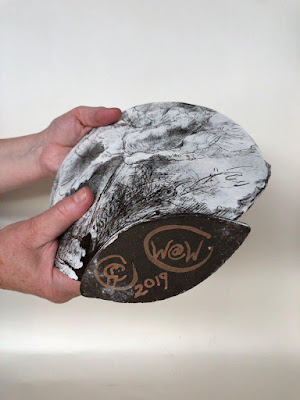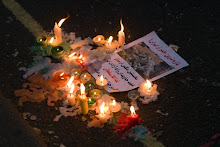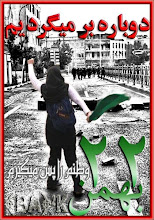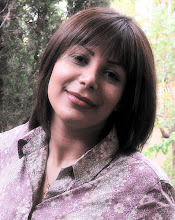The March Against the Sex Trade took place on the Saturday
evening, October 19
th, at the end of day one of
Filia conference. We
assembled at twilight and processed to Centenary Square, the main square in
Bradford. There we gathered in a circle and, after an introduction by Fiona
Broadfoot, read out the names of all the women who had been murdered while
exploited in prostitution. Shocking how long it took. As daylight was faded, and the sky went deep blue, we held up white roses and cards, each with the name of
one murdered woman, and called out the names again, all together this time, like
a Greek Chorus. Once all the names had been sounded at least three times, we
had a minute’s silence to reflect on the harms of prostitution and sex trade,
and to remember the lives and deaths of the women whose names were called. ‘The
Invisible Man,’ the pot set up in the centre of the circle, ‘broke the
silence,’ as it smashed on to the paved stone ground, releasing the images of
women painted inside.
The memorial concluded with a song and a dance by an Argentinian
woman, one of the conference speakers, whose daughter had been abducted,
prostituted, and murdered in Buenos Aires.
Perhaps the most significant part though was this: I was
about to collect and wrap up the shards when a young man who was passing by with his girlfriend, asked me if I knew Rebecca Hall, one of the women
whose names were called out during the memorial. ‘I knew her,’ he said, ‘She was one of my best friends at school. This means so much to me.’ He
then went and spoke to the woman holding the card with Rebecca’s name
on it.
You can read about Rebecca here.
The shards are now on their way back to the studio where
they will be glazed and the pot reassembled but with pieces left out so you can
see the images of the women painted inside. If all goes according to plan, the
internal images – the women - will dominate. You will see them rather than the
men depicted on the outside of the pot. The shattering and mending of a pot is
a simple metaphor, reflected in the words, ‘I was shattered. Now I’m piecing
myself slowly back together.’
Among my proudest moments, as a feminist and a potter, are
when my pots are part of feminist activism, especially activism against the sex
trade and the call for abolition. The March Against the Sex Trade was an action done as part
of a feminist conference but in a public space. Reaching out to survivors, to
family and friends of survivors, and to passers by - the public in the most general sense, is surely the most
important of any campaign. It was a huge honour to be part of it.
The names of the women murdered in prostitution in Bradford
May 21 2010, Suzanne Blamires, 36
April 26 2010 Shelley Armitage, 31
June 22 2009, Susan Rushworth, 43
April 26 2001: Rebecca Hall, 19
May 2000 Gemma Simpson, 23
October 1996: Caroline Creevy, 25
June 8 1995: Maureen Stepan, 18
1992 Yvonne Fitt, 32
1984: Deborah Kershaw,22
January 21 1978: Yvonne Pearson, 21
Fiona Broadfoot is one of the women bringing the
judicial review aiming to get convictions removed from the record of exited women and remove the need for disclosure which represents a major barrier for prostituted women who are trying to exit.
Photos from top: 1- Studio Twelve, 2 and 3 - Deb Ball, 3,4 and 5 - Claudia Clare































































































